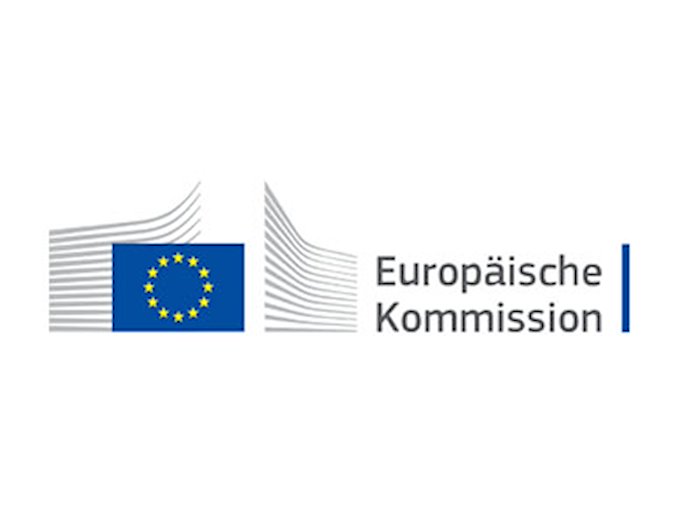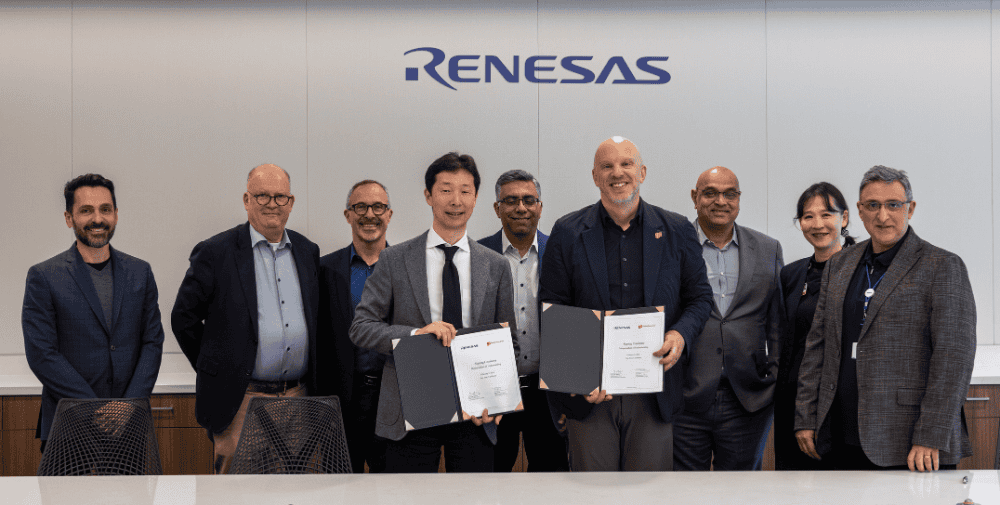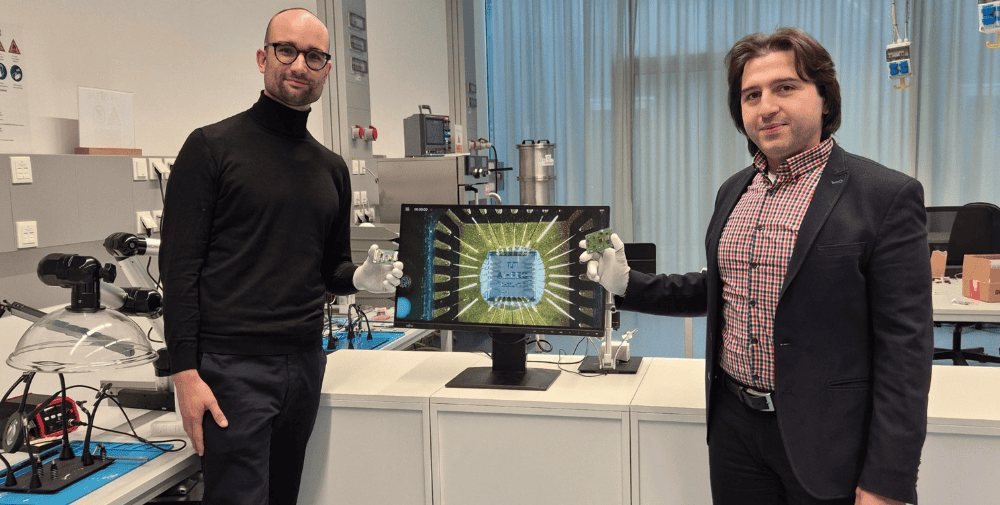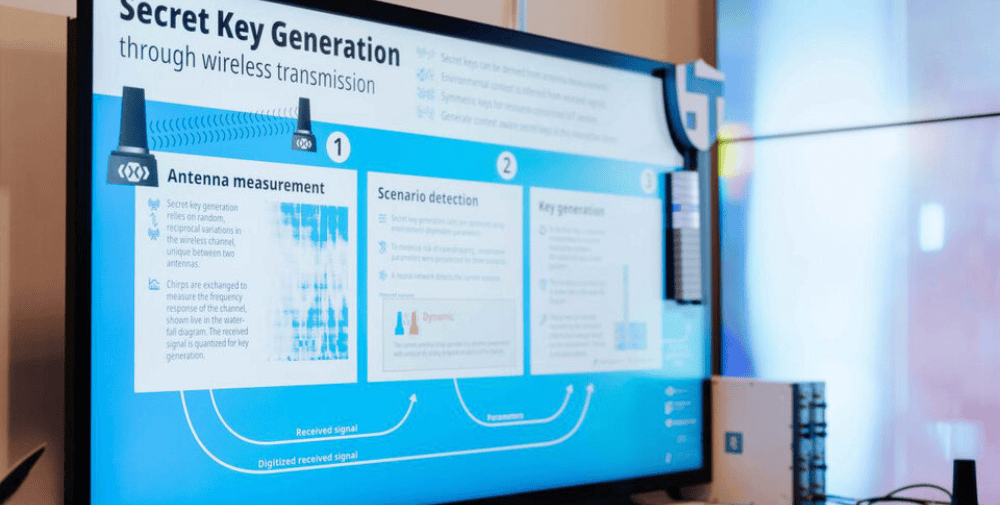
In addition, the European Semiconductor Panel held its first meeting today. The Panel brings together Member States to advise the Commission on the uniform implementation of the European Chip Law and international cooperation on semiconductors. It will be the main platform for coordination between the Commission, Member States and stakeholders to address issues related to supply chain resilience and possible crisis responses.
Chips Joint Undertaking
The Chips Joint Undertaking is the main instrument for the implementation of the Chips for Europe initiative (expected total budget until 2030: EUR 15.8 billion). The Chips Joint Undertaking aims to strengthen Europe’s semiconductor ecosystem and economic security by managing a budget of almost EUR 11 billion by 2030, provided by the EU and the participating countries.
The Chips Joint Undertaking will
- establish pre-commercial innovative pilot plants providing state-of-the-art facilities for testing, proving and validating semiconductor technologies and system design concepts;
- establish a cloud-based design platform for design companies across the EU;
- foster the development of advanced technologies and technical skills in the field of quantum chips;
- establish a network of competence centers and support skills development.
The work of the Chips Joint Undertaking will strengthen Europe’s technological leadership by facilitating the transfer of knowledge from the laboratory to manufacturing, bridging the gap between research, innovation and industrial application and promoting the industrial uptake of innovative technology by European companies.
First call for proposals to fund pilot plants for chips
For its first calls for proposals for innovative pilot plants, the Chips Joint Undertaking will make available EU funding of €1.67 billion. The calls for proposals are aimed at organizations – typically research and technology organizations – wishing to set up pilot plants in the Member States. The topics are:
- FD-SOI (Fully Depleted Silicon on Insulator) technology – on the way to the 7 nm chip: This transistor architecture is a European innovation with particular benefits for high-speed and energy-efficient applications. A roadmap towards 7nm technology will lead the way to the next generation of high performance, low power semiconductors.
- Power nodes below 2nm: This pilot plant will focus on developing cutting-edge technologies for advanced 2nm semiconductors and below, which will play an essential role in a wide range of applications from computing to communication devices, transportation systems and critical infrastructure.
- Heterogeneous system integration and chip assembly: Heterogeneous integration is a technology for innovation and performance enhancement that is becoming increasingly attractive. It involves the use of advanced packaging technologies and novel techniques to combine semiconductor materials, circuits or components into a single compact system.
- Broad bandgap semiconductors: The focus will be on materials that allow electronic devices to operate at significantly higher voltages, frequencies and temperatures than standard silicon-based devices. Wide and ultra-wide bandgap semiconductors are necessary to develop highly efficient, lightweight, low-cost and high-frequency electronics.
The deadline for submitting proposals for these pilot facilities is early March 2024. More information on the application process for these calls and the pilot plants to be set up can be found here.
Background
A common European strategy for the semiconductor sector was first mentioned by Commission President Ursula von der Leyen in her 2021 State of the Union address. In February 2022, the Commission proposed the European Chip Act. In April 2023, the European Parliament and the EU Member States reached a political agreement on the European Chip Act. On September 21, 2023, the Chip Act came into force, together with the Chip Joint Undertaking Regulation. The European Semiconductor Panel was also established.
– – – – – –
Further links
👉 https://ec.europa.eu
👉 European Chip Law
Photo: pixabay




